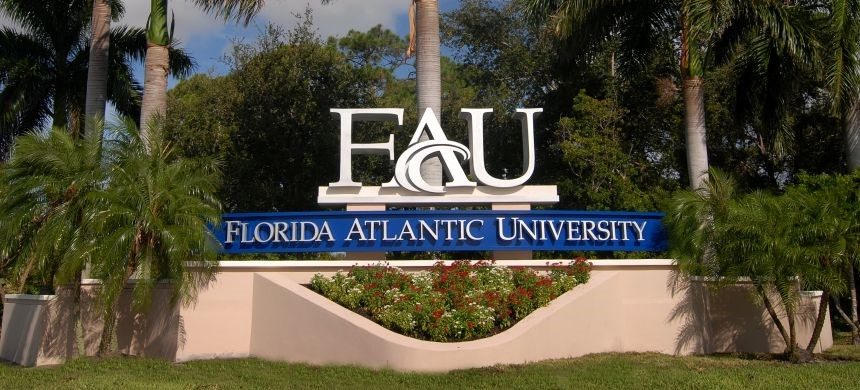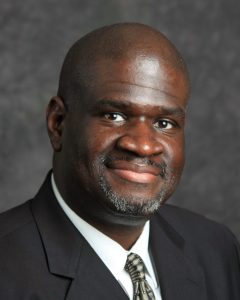
Florida Atlantic University (FAU), a public university, was founded in 1961. With President John Kelly Ph. D, at the helm, the university currently has five satellite campuses located in Florida, offering a broad range of academic programs. Classified as a research university, FAU has a student population of 30,000, and offers over 175 undergraduate and graduate degree programs, as well as a wide variety of activities and services.
A key member of FAU’s leadership is Corey King, Ed. D, Vice President for Student Affairs for the university. Dr. King is responsible for all aspects of student life, promoting a campus culture that embraces academic excellence, social and personal development and civic responsibility. Committed to his role of developing a successful culture for his department, Dr. King engaged the services of The Pacific Institute® to align his team to achieve new heights of performance.
Dr. King first encountered The Pacific Institute (TPI) during an FAU Executive Leadership Team retreat with the university president. He was initially taken aback when the conversation emerged that they should begin to think about the university as a corporation. And, within this corporation, each divisional leader was a Vice President within the company, with the goal of leading their division to the overall mission.
“We were able to engage in honest dialogue, where we learned more about each other, and our fears. People think that when you walk into a VP role you should automatically have everything together, but I had some fears about where I fit in the picture, and the conversation really helped to line me up,” Dr. King states. “I began to put together my own leadership team and I found that there was tension, some growing pains and some storming going on. The president and I were talking about it, and he said that I may want to think about TPI. So, I invited The Pacific Institute to come in. They took us through a great exercise where we talked about self-reflection, team dynamics and the role of each of the SALT (Student Affairs Leadership Team) members. We had some very tense, deep conversations that opened the door to us becoming vulnerable with each other. That was that ‘Kairos moment’ for me. TPI helped us to see that everyone was trying so hard in their roles, to show themselves as strong leaders, but what we really required of each other was to see that vulnerability – where our fears were, where our challenges were. Those are the areas that we really grow together and become a team.”
After Dr. King partnered with The Pacific Institute® to engage his leadership team, the TPI consultants were invited to lead a retreat session with the Board of Trustees. An executive consultant, led the event. Dr. King stated, “What really struck me about the executive consultant was, she came in with one plan, and she realized the group dynamics would not allow her plan to be implemented completely. She was able, based on her expertise, to redirect her plan as all of it was unfolding. She created new chapters as the group was finding their way. I have never seen that done with an organization like TPI before.” The result created an open dialogue, reflection and collaboration amongst the board of trustees and executive leadership to be able to accomplish the mission of the university. Both groups clearly defined their roles, and found new ways to support one another.
The journey continued between TPI and FAU when Dr. King requested The Pacific Institute return and continue leadership development with his staff. The huge breakthrough came when the SALT members realized that they had been looking up to the leaders for direction, and not within themselves to effectively manage and communicate with their teams.
There have been several positive, ongoing outcomes as a result of the partnership between TPI and FAU. One such example, Dr. King notes, happened at the Deans and Directors retreat. “We used to have a Vice Presidents Counsel (VPC). That was a meeting of all the deans and directors. Every two weeks, we would gather to talk about information. Well, through our TPI exercise, we learned that people did not like the VPC. They didn’t like how they were run, didn’t like going to them, and thought they were a waste of time. So, the group collectively decided to retire the VPC. Out of that, came the Student affairs advisory council, which concentrated more on directors who ran facilities and had more key stakes in the discussions around the table. Now those teams are productive, informative and people look forward to them. It’s really working well. It amazed me that we were all meeting every two weeks, and the majority of people in that meeting felt we were not productive. And to look back on it, we were not, because people weren’t engaged.”

Dr. King goes on to say that the biggest change for the team is “They now have a leader who is managing up. I spend more time with the president and my colleagues. I am learning to manage up and to let go, and allow the SALT members to manage out and down. It’s hard to lead when you’re in the minutia… I am empowering the team more, and they’re feeling empowered.”
The team is continuing to develop accountability within the department. The Pacific Institute has been invited to facilitate that development – to help take the group to the next level. “We are open, we are more honest with each other, we make decisions, we know people’s roles and responsibilities. We now want to go to that level of more accountability. What do I do when I’m held accountable – how do I make a mistake, realize that I made a mistake, reflect on it, and redirect it to make it right?”
As a department, they are committed to recognizing peoples’ talents, and finding the best role for that person based on their strengths. There has been some reorganizing of team members’ positions to ensure success both for the employee, and the student affairs department. Dr. King models his staff development philosophy by stating, “Instead of going out and searching, always look within to see if there is a player within the division that’s ready for that next step. Think about promoting from within first.” Dr. King is enlisting TPI to help with coaching and mentoring during these transitions.
The results of partnering with The Pacific Institute has been felt throughout the department, with noted growth amongst the members of the SALT team. As a whole, the team strategizes more, is engaged, and supports one another in their roles.
“I appreciate TPI for helping me to deal with my own fears – trying to be something that I could be, but required guidance on how to be that. I believe I was ready to be a VP, but had to recognize walking into the job, doesn’t mean I have all of the skill-set to do the job. TPI helped me to recognize; these are the skill-sets you do have, and these are areas you want to think about and redirect to gather the skill-set to be successful. That was a ‘Kairos moment,’ and it was hard to get to that point.” ~Corey King, Ed. D, Vice President for Student Affairs
When asked about challenges that lie ahead, Dr. King shared, “For the university, we rose to the top in a very short amount of time under President Kelly. In order to stay at the top, you need to take a step back and re-evaluate, redirect and then get back up there again… Now is the time for reflection – what we have done well, what can we improve upon, and what needs to go away.” Dr. King notes that they face challenges with a legacy mindset – ‘this is the way it’s always been done.’ As a team, they are committed to evaluating programs and services that are currently needed in the department and how to continually make things better.
Dr. King concludes by stating, “I think TPI should come and help us to continue the honest conversations. That’s the only way we are going to continue to be vulnerable and we’re going to continue to grow.”
Featured posts
May 16, 2023
May 16, 2023
May 16, 2023






